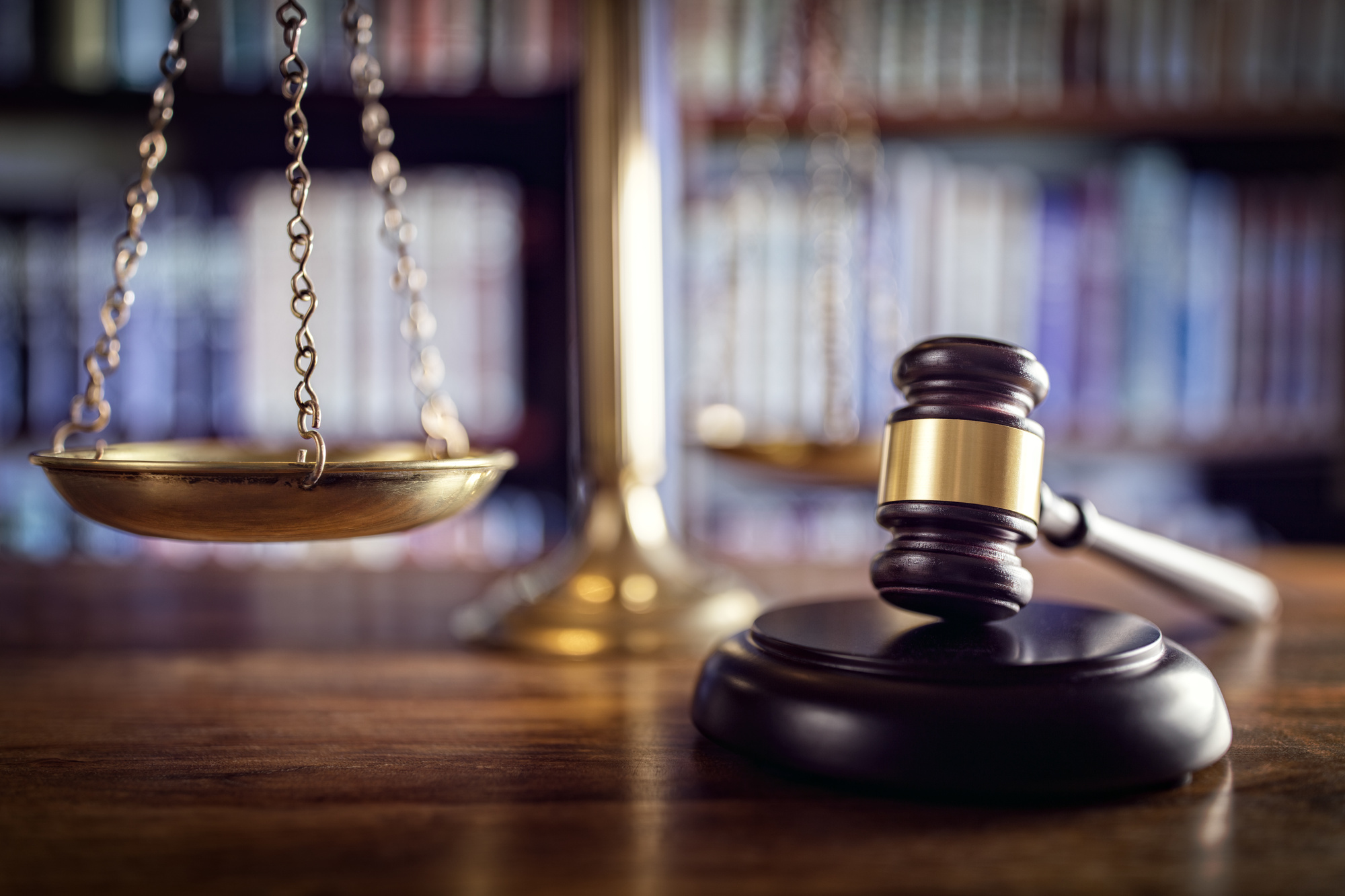Area of Practice
WE KNOW LAW

Personal Injury Overview
Personal injury lawyers handle cases involving injuries suffered by an individual as the result of negligence. Negligence means that someone is responsible for the injuries of another person. Negligence occurs when an individual, company, or government agency acts in a careless, forgetful, or inattentive manner, resulting in injury to another person. The types of negligence that may lead to a lawsuit include, but are not limited to the following:
– Accidents, including automobile, truck, bus, boat, motorcycle, and plane accidents.
– Abuse, including physical, sexual, and nursing home abuse.
– Defective Products, including medications, cosmetics, and consumer products.
– Environmental Pollutants, including hazardous materials, pollution, and toxins.
– Injuries, including slip and fall, and workplace injuries.
– Medical Malpractice, including misdiagnosis, surgical errors, and brain injuries.
– Wrongful Death
I've been injured. What do I do?
The following are several important suggestions that you can do if you are injured as the result of negligence and you feel you may have a case. These suggestions may be important if you wish to build a strong case for yourself and to prove that your injuries resulted from someone else’s negligence.
– Document your accident and injuries. Write down as much as possible about the accident, your injuries, and the monetary, personal, and psychological losses and damages you have suffered as a result of your injuries. Pictures or video of the location of the accident and your injuries are also important documentation.
– Keep notes about the conversations you have involving the accident. Notes should be kept for everyone you talk to about the accident.
– Preserve Evidence. If possible collect evidence about the accident, your injuries, and the losses suffered as a result of the injuries. Taking pictures can be a good way to preserve evidence.
– Locate witnesses. If there where any witnesses to your accident and injuries it is important to gain their perspective on the incident. These people will be able to corroborate the accident and your injuries.
– Meet with a lawyer. A lawyer who practices personal injury law can help protect your interests and maximize your settlement.
What can a Person Injury lawyer do for me?
A personal injury lawyer will attempt to prove two elements occurred as the result of your injury. First, your lawyer will establish that someone (the defendant) is responsible for your injuries. Next, your lawyer will prove that you have suffered damages as a result of your injury. Examples of damages may include but are not limited to medical expenses, loss of income, pain and suffering, and disability or deformity.
There are three ways a personal injury lawyer can establish that someone is responsible for your injuries. The first is negligence. This occurs when someone acts in a way that fails to prevent an injury. A personal injury lawyer will need to prove that the person responsible for your injury did not act in a reasonable manner in order to prevent the injury. The second way of establishing responsibility is called strict liability. This occurs when an injury results from the use of a defective product. The third way of establishing responsibility is referred to as an intentional wrong. This occurs when the person responsible for the injury acted in a way they knew would bring harm to another person.
A good personal injury lawyer can often settle your case without having to go to court. In addition, hiring a personal injury lawyer can help insure that your interests are protected during your lawsuit and will help maximize the damages you receive as a result of your injury.
Do I need to hire a lawyer to represent my case?
You do not necessarily need to hire a lawyer to purse a personal injury case. However, personal injury lawyers have the ability to protect their clients’ interests and will be able to maximize the amount of the settlement for the victim. You should always hire a lawyer if your case falls under one of the following: long-term or permanently disabling injuries, severe injuries, and medical malpractice.
How do I choose a good Personal Injury lawyer?
When choosing a personal injury lawyer it is important to base the decision on several elements. You should choose a lawyer who practices personal injury law. Such a lawyer will have a much better understanding of the law associated with personal injuries and will be better able to represent you. It can also be helpful to choose a personal injury lawyer who has experience dealing with insurance companies. Also, make sure the lawyer you choose has trial experience. Lastly, choose a lawyer that respects you as a client.
Payment
Personal Injury Lawyers work on a contingency basis. This means that they do not require any money up front to employ their services. Instead, a personal injury lawyer will accept a percentage of the final monetary settlement at the conclusion of the case.
Don't Know if a DUI Lawyer is right for you? Here are some General Guidelines:
DEFINITELY
Definitely hire a DUI Lawyer if you already have several DUI and receive another; or if your DUI arrest was the result of an accident or if anyone was injured; or if you are a professional driver whose livelihood depends on keeping your license.
PROBABLY
Seriously consider hiring a DUI Lawyer if you’ve been arrested for a second DUI (in the same or another state) or were arrested with a BAC limit over double the legal limit as harsher penalties may apply.
MAYBE
You might want to hire a DUI Lawyer in Indiana if you don’t understand your rights or DUI laws, what you need to do, or the consequences you face. You also might want legal representation if you are in a profession (or plan to be) that requires bonding or in which any criminal conviction might prevent you from getting or keeping a professional license. If you don’t know the requirements, then you need expert advice before handling the case yourself.

